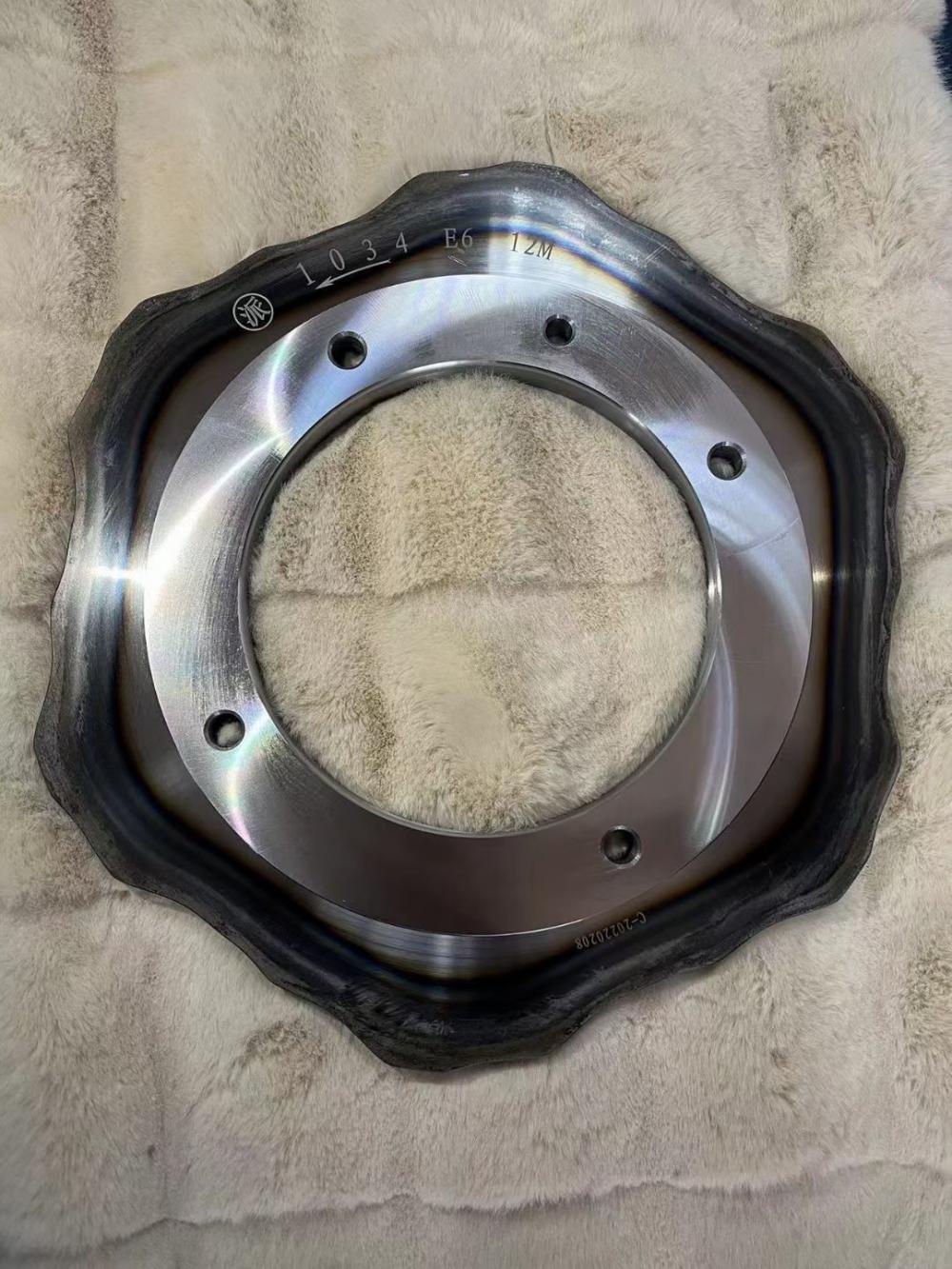Rhodia said that at present its fine chemicals business still has no signs of improvement, so the company is considering adopting adjustment measures to ensure sustainable development.
Rhodia CEO Comdhi once served as the head of the company's pharmaceutical department. In the previous round of business adjustment, he was very optimistic about the prospects of the department. But now he said that the company may “swell up†the pharmaceutical sector, including selling or renovating its “major surgery,†except for the current profitable aspirin and paracetamol operations.
According to industry sources, the poor performance of Rhodia's pharmaceutical chemicals business stems from the acquisition of ChiRex in 2000. At that time, the amount involved in the acquisition was the largest in several mergers and acquisitions in the same period. The fine chemicals business of several other large companies has experienced the same problems: the structural adjustment issue has been difficult to solve. At present, the two companies LANXESS and Rhodia are beginning to take measures to deal with the imbalance between the supply of fine chemicals and the supply and demand of customized services that began in 2000. This spring, LANXESS has decided to spin off its unprofitable fine chemicals business.
According to industry insiders, the internationally renowned chemical companies have flocked to the custom industry for a period of time—customizing them to produce various active ingredients for the relevant pharmaceutical industries, and they believe that they can obtain substantial profits from pharmaceutical companies. However, in fact, pharmaceutical companies did not choose customized product manufacturers, but instead organized their own production. Some pharmaceutical companies have even increased their investment in equipment to increase production capacity. As a result, those fine chemical manufacturers who have their eyes on the pharmaceutical industry are suffering from overcapacity, and have suffered huge losses after a brutal price war.
Pattern disc for Warp Knitting Machine is a circular disk that is used to control the movement of the needles on the machine. It is typically made of metal or plastic and has a series of holes or slots around its circumference.
The pattern disc is mounted onto the machine and rotates continuously as the machine operates. As the needles move across the warp yarns, they are guided by the pattern disc, which determines the specific pattern or design that is being created.
Different pattern discs can be used to create a wide variety of designs, from simple stripes and checks to more complex geometric shapes or intricate lace patterns. The choice of pattern disc depends on the desired outcome and the type of yarn being used.
Pattern discs can be customized or purchased pre-made, and they are an essential component of warp knitting machines used in the textile industry.

Pattern Disc,Crochet Disc,Crochet Flying Disc,Knit Frisbee Pattern
suzhou cotex international Co.,Ltd , https://www.cotexmill.com
![<?echo $_SERVER['SERVER_NAME'];?>](/template/twentyseventeen/skin/images/header.jpg)